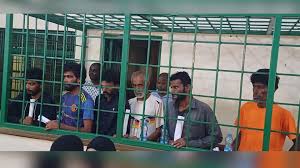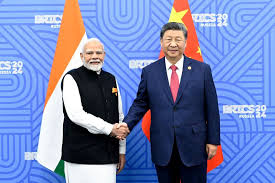Chad’s parliament has approved sweeping constitutional changes that extend the presidential term from five to seven years and remove all limits on re-election, a move widely seen as strengthening the grip of President Mahamat Idriss Deby Itno.
The amendment was passed on Friday, October 3, 2025, with 236 votes in favour and none against, out of 257 lawmakers in both parliamentary chambers. Opposition members from the National Rally of Chadian Democrats-
The Awakening (RNDT) walked out before the vote, calling the changes “unconstitutional and authoritarian.”
Former Prime Minister Albert Pahimi Padacke warned that the reform would entrench power in the presidency and undermine democracy.
Mahamat Idriss Deby, 41, came to power in 2021 after his father, Idriss Deby Itno, who had ruled Chad for 30 years, was killed in battle with rebels.
Initially installed by the military as transitional president, Deby promised an 18-month path to democracy. However, he later extended the transition by two years.
In December 2023, a controversial referendum approved a new constitution, and Deby went on to win the May 2024 election, which international observers said lacked credibility.
The new law allows a president to serve seven-year terms without restriction, replacing the current two-term limit of five years each.
The change will take effect from the next election, effectively giving Deby an open path to remain in power indefinitely.
The vote was originally scheduled for October 13 but was brought forward, raising further concerns about transparency.
Critics say the move mirrors Chad’s history of authoritarianism and risks deepening instability in the region. Civil society groups and some political leaders fear that endless rule could spark protests or even armed resistance, as has often happened in Chad’s past.
Deby’s supporters argue that the amendment will bring stability and continuity in the fight against insurgent groups, particularly jihadist movements in the Sahel.
For now, Chad joins a growing list of African nations where constitutional changes are being used to extend presidential powers, despite public calls for stronger democratic reforms.



